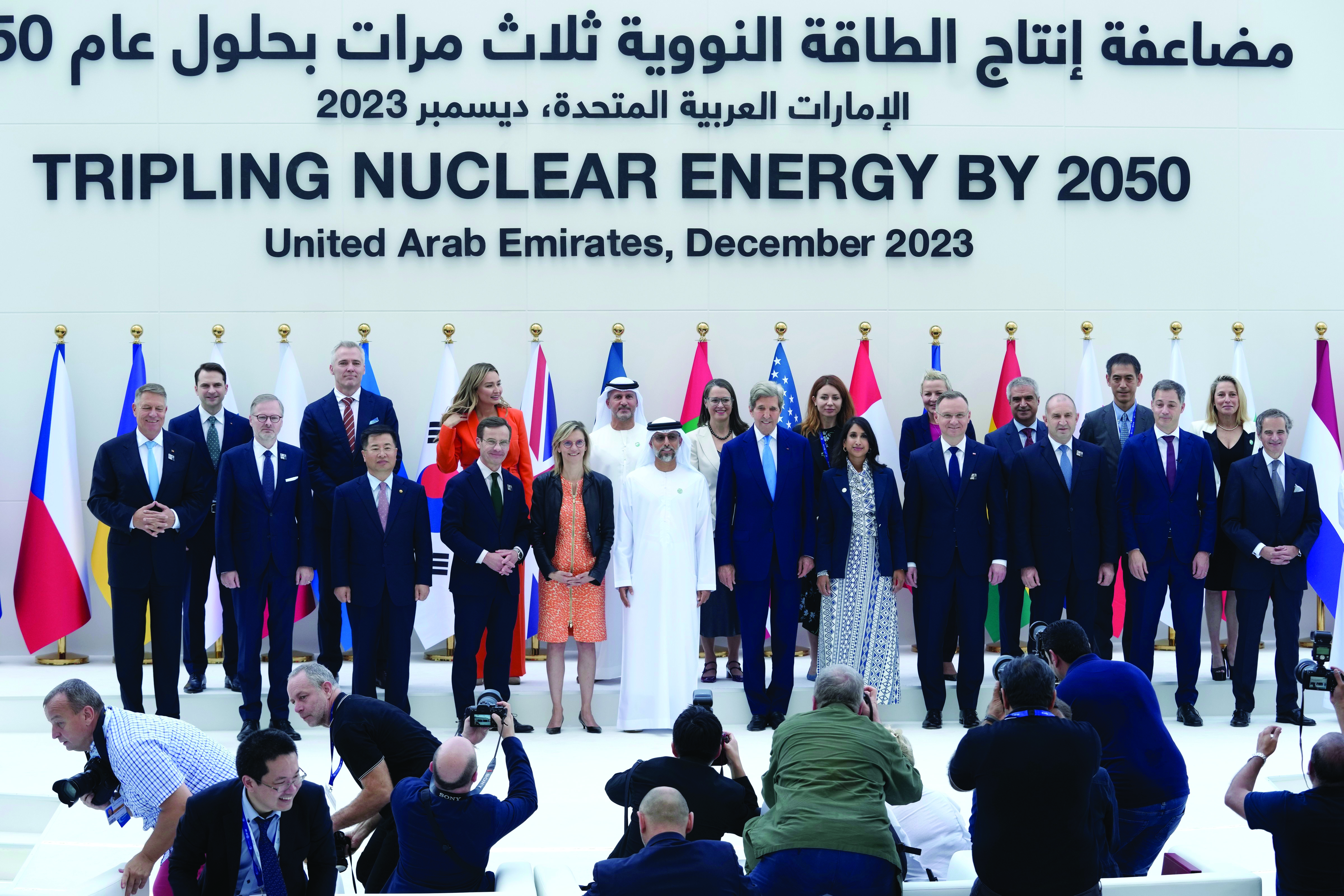Developing nations press rich world to better fight climate change at UN climate summit

Dubai: Countries once colonised by empires are striking back on global warming and they have the pope's blessing.
Leaders of developing nations jumped into Saturday's second-day of high-level speeches at the UN climate summit to press rich industrial countries to share their knowhow to fight global warming and ease the financial burdens they face while trumpeting their own natural resources that swallow heat-trapping carbon in the air.
The 28th annual UN Conference of the Parties, or COP28, in the oil-rich United Arab Emirates featured about 150 presidents, prime ministers, royals and other leaders who are presenting their plans to cut heat-trapping emissions and mostly seek unity with other nations to avert climate catastrophe that seemed to draw closer than ever in 2023.
Injecting moral authority into the talks, Pope Francis said "the destruction of the environment is an offense against God" in a letter read on his behalf because he had to cancel plans to attend because of a lung inflammation.
In the letter read by Vatican Secretary of State Cardinal Pietro Parolin, Francis noted that almost all of the world that's "needy" is "responsible for scarcely 10 per cent of toxic emissions, while the gap between the opulent few and the masses of the poor has never been so abysmal."
"The poor are the real victims of what is happening: we need think only of the plight of Indigenous peoples, deforestation, the tragedies of hunger, water and food insecurity, and forced migration," the pope's letter said.
Several African leaders noted their continent's rainforests help gobble up excess carbon dioxide in the air and emphasised how their countries belch out only a tiny fraction of heat-trapping emissions compared to richer countries.
Teodoro Obiang Nguema Mbasogo of Equatorial Guinea one of sub-Saharan Africa's biggest oil producers faulted developed nations for failing to deliver on their pledges to meet their commitments on financing for climate action and meet their own targets to curb their industries'
emissions.
President Jose Ramos Horta of Timor-Leste, next to Indonesia and north of Australia, blasted "shark loans" from multilateral lending institutions, saying developing nations cannot recover from heavy debt burdens that squelch their ability to put money into fighting climate change and grow economically.



